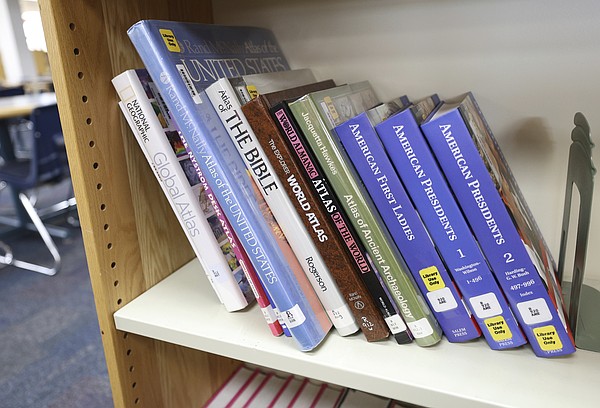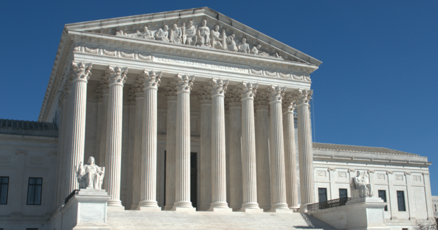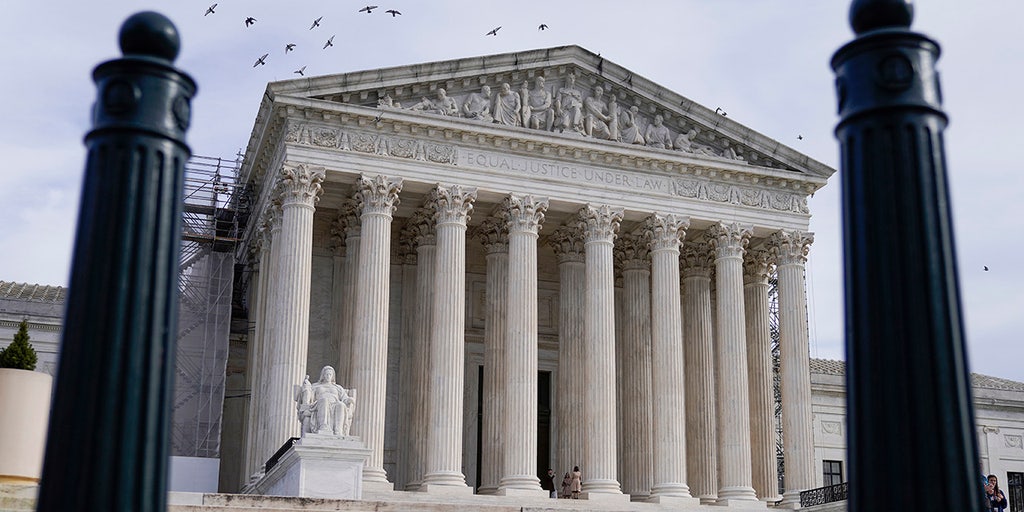Faith, Family, and Freedom: Kansas Lawmakers Defend Adoption Rights Against Gubernatorial Veto
Religion
2025-04-10 22:00:00Content
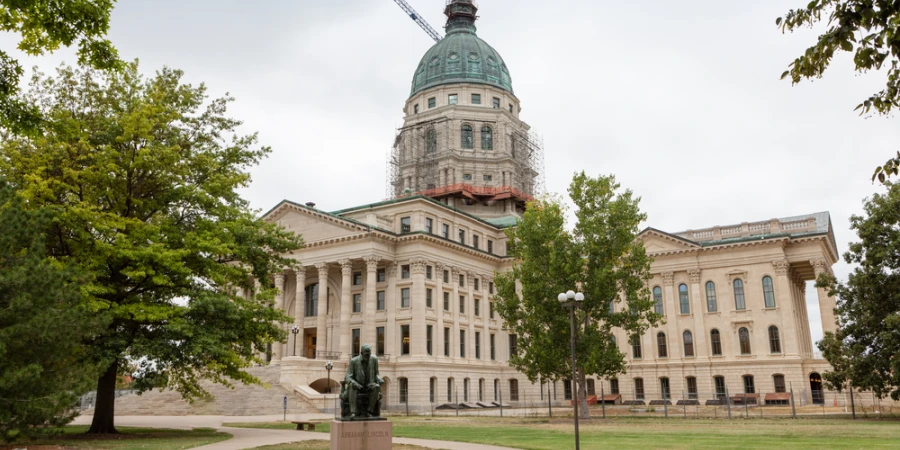
In a decisive move, Kansas lawmakers have successfully overridden Governor Laura Kelly's veto, passing legislation designed to safeguard the religious freedoms of adoptive and foster parents. The bill, which centers on protecting parents' rights regarding gender identity issues, highlights the ongoing national debate about religious liberty and child welfare.
The legislative action underscores a commitment to ensuring that adoptive and foster parents can maintain their religious beliefs and values while providing care for children in need. By overriding the governor's veto, lawmakers have signaled their support for parents who may have conscientious objections related to gender identity discussions and practices.
This legislation represents a significant moment in Kansas's approach to balancing religious freedom with child welfare policies, potentially setting a precedent for how similar issues might be addressed in other states. The vote reflects the complex intersection of personal beliefs, parental rights, and child placement considerations.
Supporters of the bill argue that it protects the religious liberties of potential parents, while critics contend that it might limit the pool of available adoptive and foster care providers. The override demonstrates the legislature's strong stance on religious freedom in the context of family services.
Religious Liberty Triumphs: Kansas Lawmakers Take a Bold Stand for Foster and Adoptive Parents
In a landmark decision that reverberates through the halls of legislative power, Kansas has emerged as a pivotal battleground for religious freedom and parental rights. The state's lawmakers have demonstrated remarkable courage in challenging gubernatorial opposition, setting a precedent that could reshape the landscape of adoption and foster care policies across the United States.Defending Conscience: A Courageous Legislative Breakthrough
The Political Landscape of Religious Protection
The Kansas legislature's decisive action represents a profound moment in the ongoing dialogue about religious liberty and child welfare. By overriding Governor Laura Kelly's veto, lawmakers have sent an unequivocal message about the fundamental rights of adoptive and foster parents to maintain their deeply held religious convictions. This legislative maneuver goes far beyond a simple political disagreement, touching on the core principles of personal belief and institutional responsibility. The bill's significance extends well beyond its immediate geographical boundaries, potentially establishing a model for other states grappling with similar complex intersections of religious freedom, parental rights, and contemporary social dynamics. Lawmakers argued that the legislation provides critical protections for families who might otherwise feel marginalized or compelled to compromise their fundamental beliefs.Understanding the Deeper Implications
Beneath the surface of this legislative battle lies a nuanced exploration of religious liberty in modern child welfare systems. The law seeks to create a balanced framework that respects diverse religious perspectives while ensuring the best interests of children remain paramount. By preventing potential discrimination against parents based on their religious beliefs regarding gender identity, the legislation aims to expand the pool of qualified, compassionate foster and adoptive parents. Legal experts have noted the delicate constitutional balance the bill attempts to strike. It provides a protective mechanism for religious practitioners without undermining the fundamental goal of finding stable, loving homes for children in need. This approach recognizes that religious conviction and effective parenting are not mutually exclusive concepts.Navigating Complex Social Dynamics
The legislative override illuminates the complex social dynamics surrounding adoption, foster care, and religious freedom. It challenges simplistic narratives that often polarize discussions about parental rights and gender identity. Instead, the law proposes a more nuanced approach that acknowledges the deeply personal nature of both religious belief and family formation. Advocates for the bill argue that it creates a more inclusive environment for potential parents, removing bureaucratic barriers that might discourage qualified individuals from participating in the foster and adoption systems. By protecting religious liberty, the legislation potentially increases the number of available homes for children who desperately need stable family environments.National Implications and Future Perspectives
Kansas's bold legislative action could serve as a catalyst for similar conversations in other states. The bill represents more than a local policy decision; it's a significant statement about the ongoing negotiation between individual religious convictions and evolving social norms. Legal scholars and policy makers nationwide are likely to scrutinize this approach as a potential template for addressing similar challenges. The broader conversation extends beyond immediate legal protections, touching on fundamental questions about personal liberty, institutional responsibility, and the delicate balance between respecting diverse beliefs and ensuring comprehensive child welfare. As societal norms continue to evolve, such legislative approaches will become increasingly important in maintaining a balanced, respectful approach to complex social issues.RELATED NEWS
Religion

Religious Rights Shattered: Louisiana's Controversial Execution Sparks Outrage
2025-03-20 15:17:00
Religion
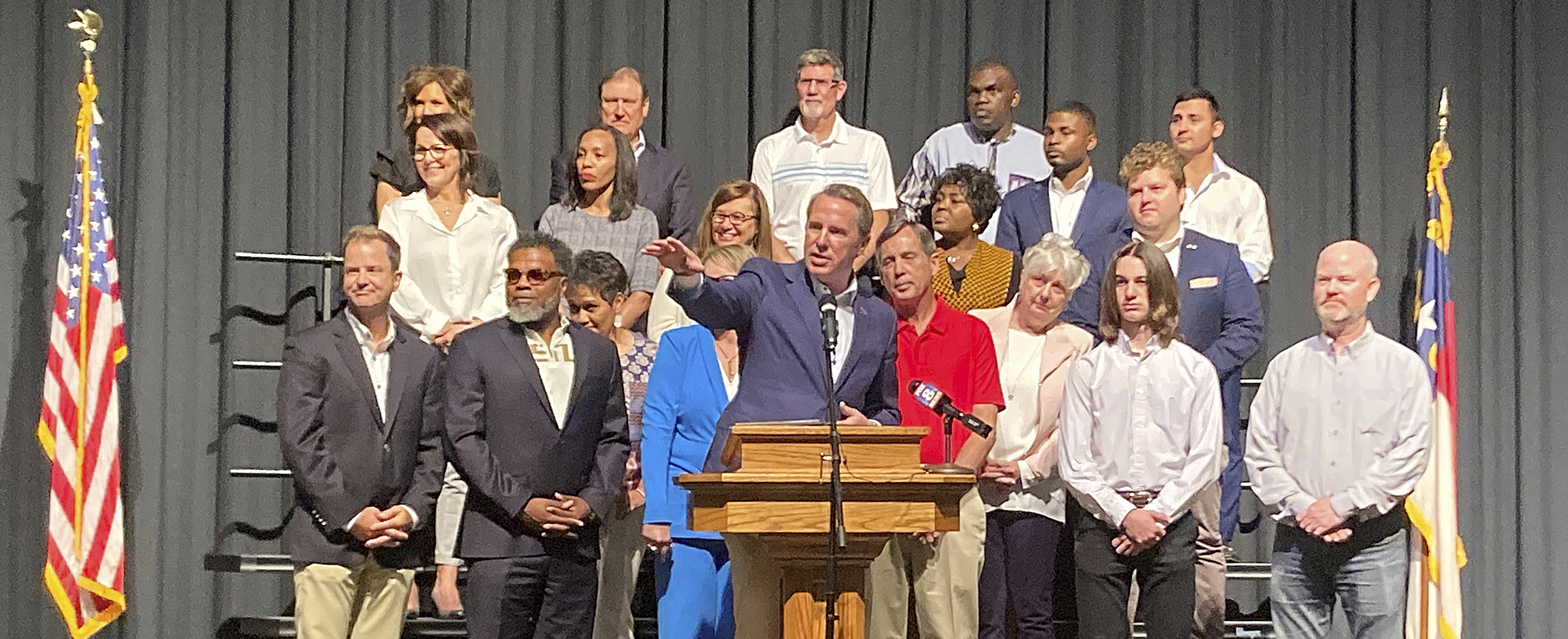
Faith Meets Diplomacy: SBC Pastor Tapped for Global Religious Freedom Mission
2025-04-14 04:09:11
Religion
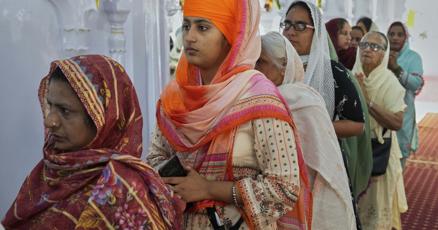
Sikh Resilience: Navigating Faith and Identity in Pakistan's Complex Religious Landscape
2025-04-14 09:07:44

